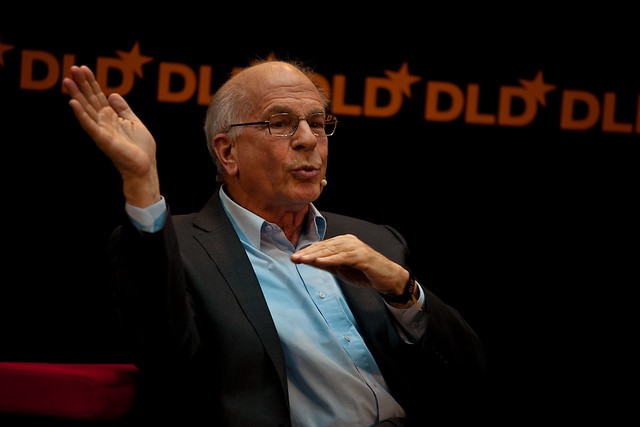
Thus, the work of Israeli psychologists Daniel Kahneman and Amos Tversky became the foundation of this book, which serves as a thematic follow-up to Moneyball. Their papers showed the ways in which the human mind erred, systematically, when forced to make judgments in uncertain situations.

As Lewis writes, “the enthusiasm for replacing old-school expertise with new-school data analysis was often shallow” (16). Forty years ago, Israeli psychologists Daniel Kahneman and Amos Tversky wrote a series of breathtakingly original studies undoing our assumptions about the decision-making process. Yet old habits persist, especially when the experts in the room are eager to maintain their expertise rather than hand over their judgments to an algorithm. Data can be analyzed and reanalyzed, but unless we make sense of our collective decision-making processes, the data alone won’t tell a complete story.

Whereas Moneyball was focused on the Oakland Athletics’ success after switching from human intuition and gut feeling to hard data to sign the most effective baseball players, Lewis positions The Undoing Project as a book about two Israeli psychologists who sought to discover how people make decisions. In the Introduction, Lewis references one of his own books, Moneyball, to establish the premise of The Undoing Project. The Undoing Project by Michael Lewis never would have happened without another of his best-sellers, Moneyball.


 0 kommentar(er)
0 kommentar(er)
